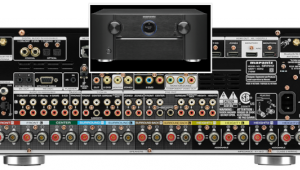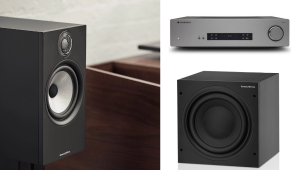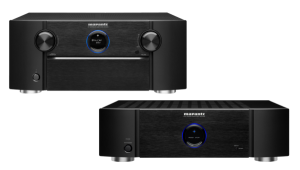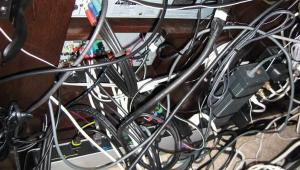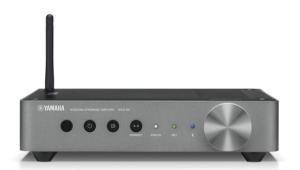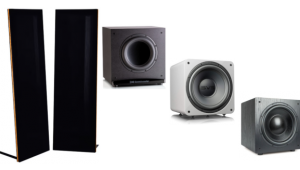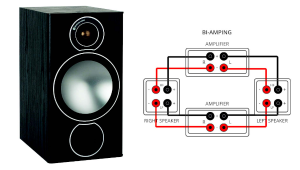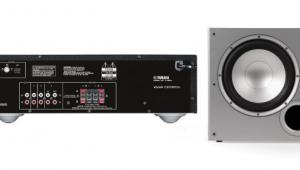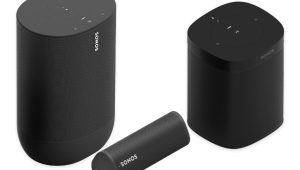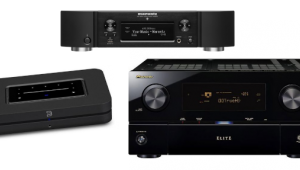Will I Lose Pixels & Brightness When Zooming a Projected Image?
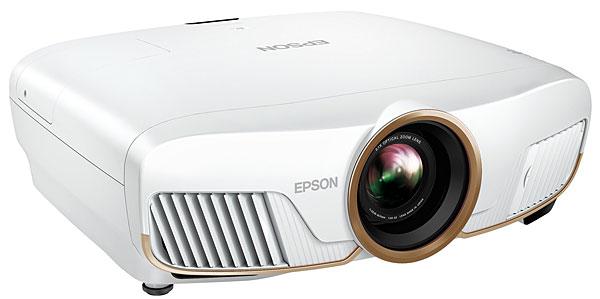
Q I just ordered an Epson Home Cinema 5050UB LCD projector with 10 lens-shift memory settings and am now looking for a projection screen. The information posted on one screen manufacturer’s website states that you lose 25 percent (over 2,000,000 pixels) and up to and 25-30% of brightness when using a lens-shift memory setting to zoom images to fill a 2.40:1 aspect ratio “scope” screen. It further states that when a projector blacks out pixels during this process, it absorbs the light energy, creating excess heat that shortens its operational lifespan. Is this information accurate? Also, should I instead consider using an anamorphic lens with the projector? —Douglas Bien, via email
A To provide definitive answers to your questions, I ran them by contributing tech editor (and projector expert) Kris Deering. According to Kris, you don’t lose pixels when zooming images to fill a scope screen. That’s because black bars in a 2.35:1 or wider image are encoded in a 16: 9 container. By zooming, you eliminate the bars, which don’t contain picture information. And you won’t shorten the projector’s lifespan, since current models are designed to operate safely with any image.
Kris added that projector lens-shift memory settings do reduce picture brightness when you zoom to fill a scope screen, which is the reason why you’d want to consider using an anamorphic lens attachment. In this case, the projector — or an external processor — scales the image in the vertical dimension to fill the projector’s full 16:9 display, and the anamorphic lens then vertically compresses it to fill the 2.40:1 screen. Because no light is wasted on projecting black bars in the image, full brightness is maintained. Ease of use is another benefit since you don’t have to wait for the lens to change positions, or worry about accessing menus and info screens that fall outside the screen area when using a zoom.
Click here for more expert advice on all things audio and video.
